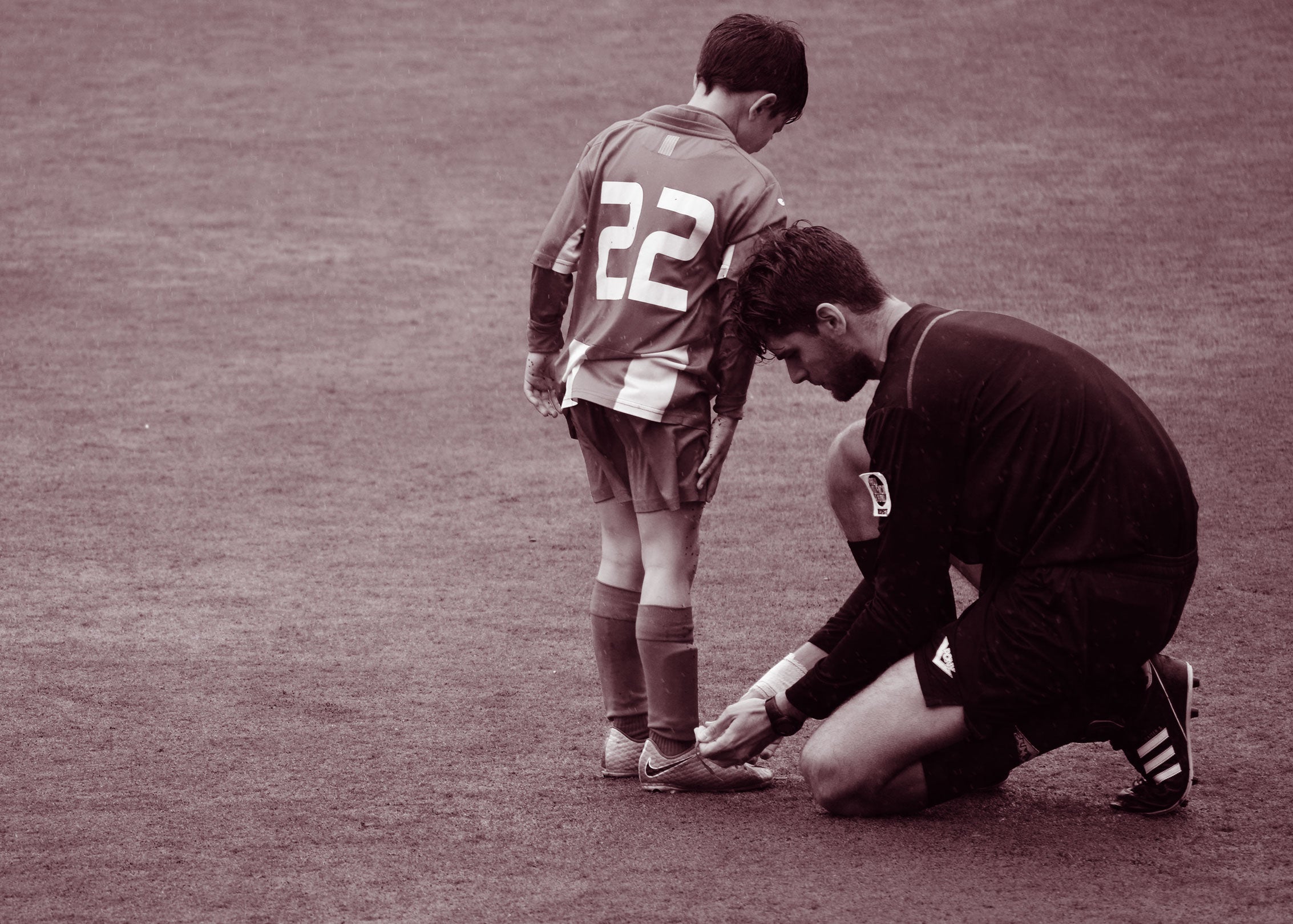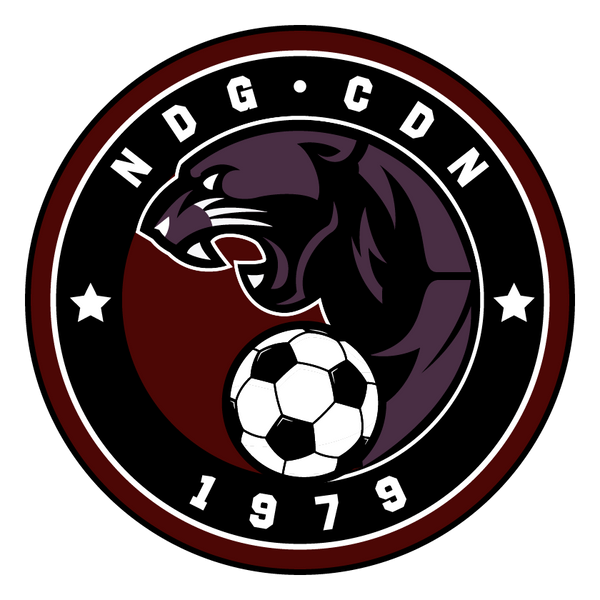Ethics and Complaints
Collapsible content

Our Commitment
NDG-CDN Soccer Association believes strongly in providing safe and inclusive environments, free from all forms of abuse and discrimination. This includes negligence, verbal and physical abuse, harassment, discrimination on any grounds, misuse of technology, substance abuse, and sexual misconduct.
We are committed to establishing clear safety and conduct expectations for all staff, volunteers, parents and players, as well as communicating these expectations and training all parties as needed.
We also assume responsibility to offer and oversee an efficient process for any party to report issues when they arise. Complaints are handled by the Club’s Discipline Committee. Please see the Tab ‘How to report a problem’ for more information or click here to report a problem immediately.
Our Standards
We hold our staff, volunteers, parents and players to the highest standards of professionalism and behaviour. The Club’s Codes of Conduct elaborate the expectations for each group and can be found here:
- Code of Conduct - Coaches & Managers
- Code of Conduct - Parents & Spectators
- Code of Conduct - Players
- Code of Conduct - Referees
We also uphold the following Club and Soccer Canada policies:
How to report a problem
If you have information regarding a possible breach in our Codes of Conduct, you have several options to report it:
1) Fill out and submit the ASNDG-CDN Complaint form
2) Email plaintes@ndgsa.com
3) See the Tab ‘Other ways to report’ below
Mandatory Reporting for all
All staff and volunteers must report suspected child physical or sexual abuse, whether the behaviour or incidents were personally witnessed or not. Reports can be made to an employee’s or volunteer’s superior, the Club’s Sporting Director, or directly to the Discipline Committee at plaintes@ndgsa.com.
Reports that of potentially illegal conduct will be promptly reported to law enforcement or child welfare services. The Club’s representatives and Discipline Committee will be happy to support you in decision making around reporting any uncomfortable situations you may be privy to. When in doubt, speak out!
Others ways to report
It is also possible to report incidents to other entities outside of our Club:
Discipline Committee
The Discipline Committee’s MANDATE is to rule on the admissibility of any complaint or appeal received by the Club, and to issue sanctions when necessary in accordance with the corporation’s regulations, the members’ code of conduct, and the laws and rules of the game as described by the corporation and the relevant associations such as Soccer Montréal, Soccer Québec, Soccer Canada, and FIFA.
You can reach the Discipline Committee at the following email address: plaintes@ndgsa.com
Please see the ‘Ethics and Complaints’ tab of this website for more information on our Club’s commitment to safe and inclusive environments and how to report a problem.
To report a problem immediately, click here
